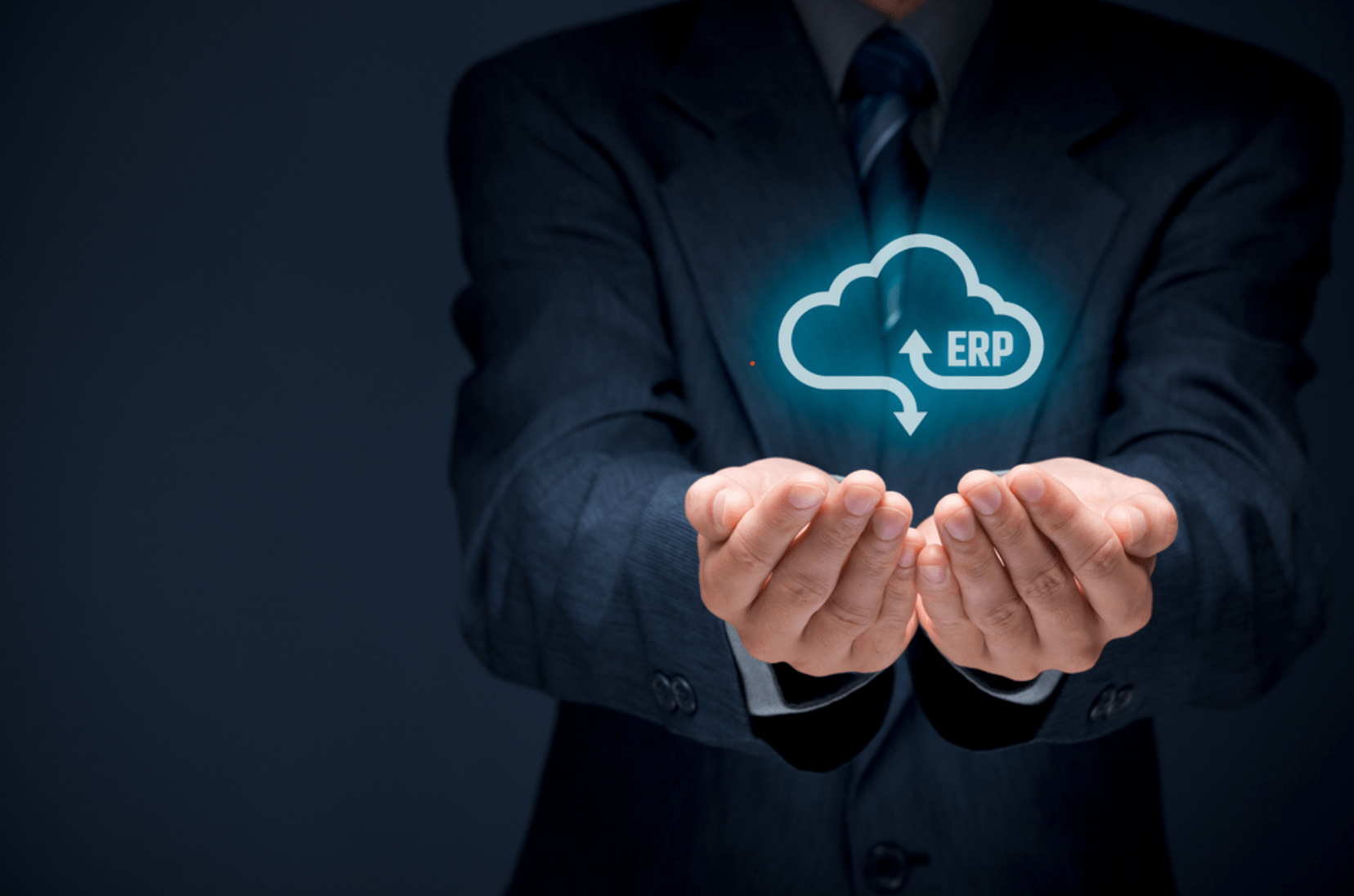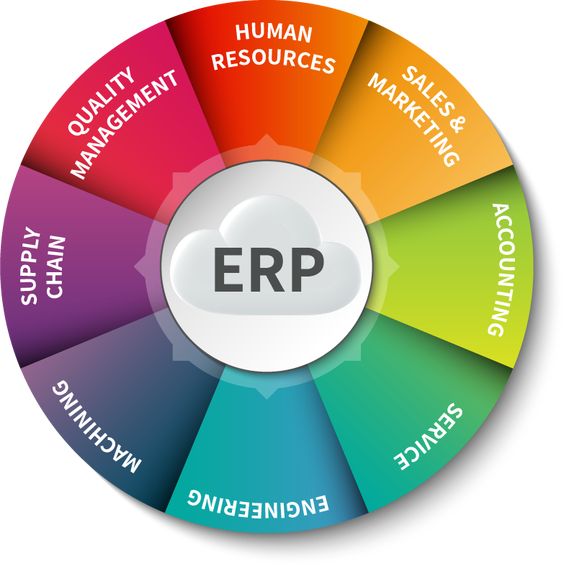
Why the Cloud Is the Future of Distribution
The distribution sector is going through an enormous upheaval that has never been seen before. Budgets are being strained, there is a serious labor shortage, and supply chains are being criticized. In order to remain competitive in the market, the distribution business is simultaneously learning to adapt quickly. Enterprise Resource Planning (ERP) systems should be a cornerstone of any small- to medium-sized distribution company’s long-term growth strategy due to the industry’s shifting landscape. ERP systems give distribution businesses a 360-degree picture of their operations by integrating sales, inventory, marketing, finance, and other areas. They have assimilated into the landscape of distribution and have been the primary force behind the digitalization of distribution.
An ERP system is already often used by distributors in their workflow. If not, it’s probably included in their budget for the following year. However, businesses with a focus on growth seek beyond the fundamental ERP software. They are now concentrating on the advantages of using cloud-based ERP software. Beyond the basic features of an on-premise ERP software solution, the cloud can give a business clear advantages over competitors. Pick out what they are, why they matter, and how to find the best cloud-based ERP software for your distribution company.
The Advantages of ERP on the Cloud Data in software are king. This has become the catchphrase for practically all sectors, including production and distribution. Data access is important because it can give a company crucial information about its areas of strength, weakness, and opportunity. You can examine what’s working and what isn’t within the organization using the appropriate data, and you may act right away based on those findings.
ERP systems are great at giving you a complete picture of the data and demonstrating the direct relationships between various business functions. With the instantaneous data provided by cloud-based ERP systems, you can respond to problems or client demands even faster. You can also use the robust features of the ERP software to examine the data and provide deeper insight into all levels of the business.

Additionally, with everything in the cloud, it is simple to obtain these data updates from every department, regardless of where they are located. Therefore, updating the home office may be done just as swiftly and easily by an off-site crew as it is by on-site staff. Here are some more details on how a good cloud ERP system can help your distribution businesses grow.
1. Lower your operating expenses.
ERP software that is hosted in the cloud can give you thorough company reports. With reports that are updated to the second, you can keep track of your costs, losses, and return on investment. KPI reports can be made, allowing you to assess performance and decide what is and isn’t working.
Data visualization using real-time data sets is a feature of several ERP systems, allowing you to respond instantly to business events. This enables you to handle problems as soon as they arise rather than letting them consume your budget without your knowledge. To further reduce the financial impact of events, artificial intelligence can even use the data from your ERP software to help you predict trends.
Most providers of cloud-based ERP software also provide uptime rates that are higher than 99%. As a result, costly downtimes cost you less money (as well as fewer clients).
2. Extend the level of client service.
When you have access to real-time data, you can give your clients that information. Your staff may access CRM data, monitor payments, and check on the status of an order from any location. By integrating back-office data with departments that interact with customers, an ERP system will bring everyone—including your client—on the same page.
The data is safely accessible anywhere you have an internet connection when your ERP software runs on the cloud. As readily as they can access information from a PC on-site, your team may check information from a mobile phone while out in the field. Customers will never have to wait for the information they require to complete another purchase, thanks to this.
Like on-premise software, cloud services are more dependable and secure. Less downtime will occur, and you won’t have to make clients wait for a service to reactivate to obtain the assistance they require.
3. Expand your company when and as necessary.
Easy scalability is one of cloud computing’s main advantages. Scaling on-premises software frequently requires purchasing new licenses, hardware, and finance to make it happen. You can scale easily and affordably with the aid of cloud ERP software. The software can expand as your business does.
That also works the other way. You won’t waste any time, money, or internal resources if you ever need to reduce the size of your company due to a lack of industry demand. The software can expand or contract practically instantly to accommodate your demands.
Scaling optimized processes is also simpler. Many corporate activities can be automated with the help of ERP software. You can then distribute such procedures throughout your entire firm because of the cloud. As a result, everyone is always aware of the process, reporting, and data.
Do you wish to know more about ERP? For more details, keep an eye on our blogs.
